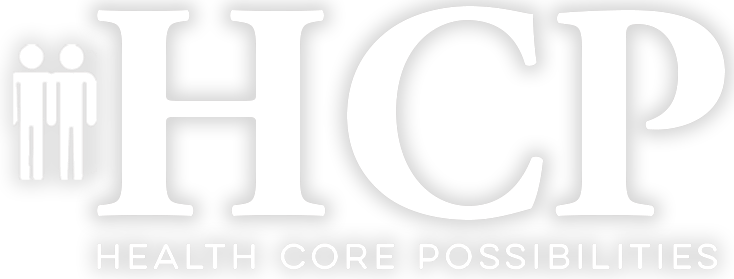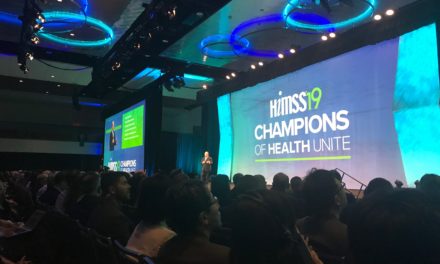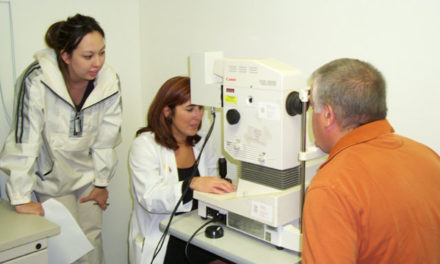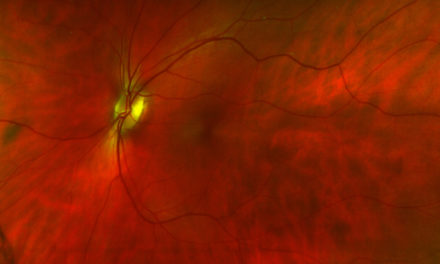April 21, 2019
 HCP Chief Operations Officer, Ms. Lizette Alavarez – circled – has been named as one of the Global Top 100 women in healthcare technology. The source is Women of Wearables. Three women deeply involved in tech prepare the list which is now in its third year: Marija Butkovic, founder and CEO of Women of Wearables; Alika Nileshwar, Women of Wearables member and Senior Consultant at Deloitte Consulting, LLP in Washington; and Nicole Dahlstrom, founder and CEO of FemTech Collective and Women of Wearables Bay Area Ambassa
HCP Chief Operations Officer, Ms. Lizette Alavarez – circled – has been named as one of the Global Top 100 women in healthcare technology. The source is Women of Wearables. Three women deeply involved in tech prepare the list which is now in its third year: Marija Butkovic, founder and CEO of Women of Wearables; Alika Nileshwar, Women of Wearables member and Senior Consultant at Deloitte Consulting, LLP in Washington; and Nicole Dahlstrom, founder and CEO of FemTech Collective and Women of Wearables Bay Area Ambassa
FemTech is a term applied to a category of software, diagnostics, products, and services that use technology often to focus on women’s health. This sector includes fertility solutions, period-tracking apps, pregnancy and nursing care, women’s sexual wellness, and reproductive system health care. Fem tech was coined by Ida Tin, a Danish entrepreneur who founded Clue, a period-and fertility-tracking app.
A couple of items on the WoW site caught our interest because they include a particular area in which Health Core Possibilities is interested; utilization of mobile health apps – aka mHealth – in “conventional” healthcare. Ida Tin founded Clue in 2012. Clue initially provided a period and fertility tracking mobile health app. The company has completed multiple rounds of funding and today offers many more features that represent the range of activities where utilization and research intersect. WoW promotes the placement of ever more fems in health technology. Some background from the WoW site.
The history of period tracking goes back to 1971 when Martha McClintock – a Wellesley College student – published her observation that women who hang out together tend to menstruate at the same times. She surveyed 135 campus pals and confirmed her impression. The phenomenon became known as the McClintock Effect. Subsequent research failed to confirm the effect. Until two more recent researchers stumbled upon Clue and used it as a data collection tool.
 Two researchers from Columbia University made a breakthrough in data collection when they tried unsuccessfully to persuade their subjects to track individual menstruation data on timing and other factors using paper based logs and calendars. Exasperated, they asked their high school intern how she tracked her period. You got it. Clue. The researchers had no idea.
Two researchers from Columbia University made a breakthrough in data collection when they tried unsuccessfully to persuade their subjects to track individual menstruation data on timing and other factors using paper based logs and calendars. Exasperated, they asked their high school intern how she tracked her period. You got it. Clue. The researchers had no idea.
Postscript: Research on menstrual synchrony and the role of pheromones continues. Utilizing mobile health apps – aka mHealth – is commonplace among Millennials and the younger Generation Z. Thousands of AI tech companies are focused on leveraging the ubiquity of mHealth apps to expand and deliver care. We wonder how effectively research is conducted using mHealth apps. Clue has raised substantial financial backing which has enabled the Clue Crew to develop dozens of other healthcare apps, new projects and research. It occurs to the team at HCP that utilization of apps such as Clue should be integral with every Womens Health provider and clinic. We can think of a billion reasons.
Clue looks like a great place to work as well. https://youtu.be/IQ_1ooMb0T8





